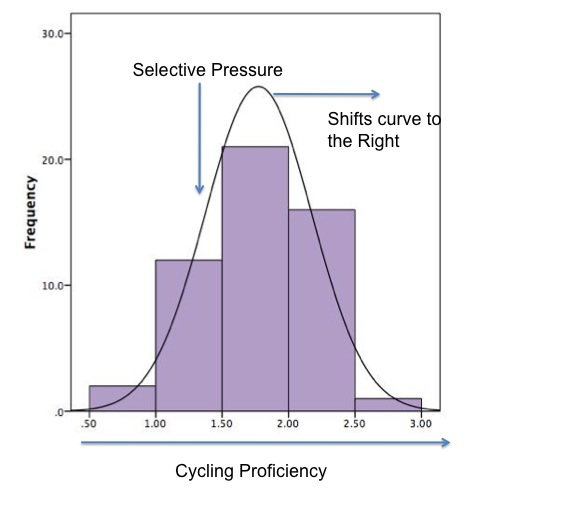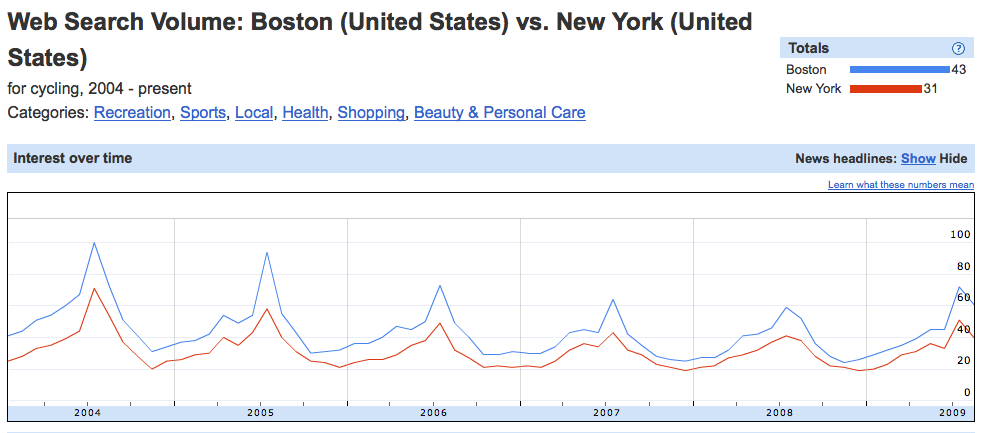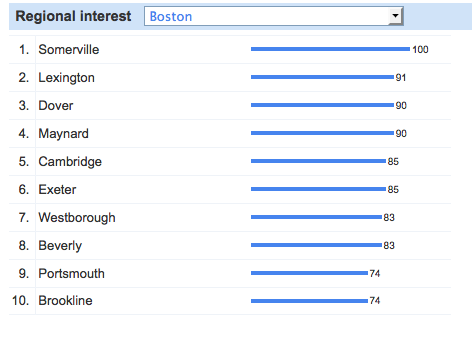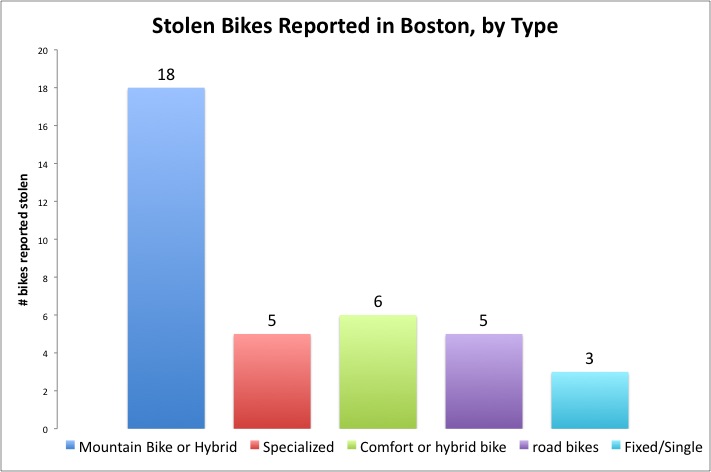Cyclo Maniacs Flash Game
Enjoy!
http://www.kongregate.com/games/LongAnimals/cyclomaniacs
Comments Off on Cyclo Maniacs Flash Game
Enjoy!
http://www.kongregate.com/games/LongAnimals/cyclomaniacs
Comments Off on Cyclo Maniacs Flash Game
Comments Off on Keep Your Helmet On

Click the URL, embed isn’t working.
SFW I swear.
or:
http://www.fandome.com/video/114675/2-Girls-1-Bike/?q=c
In continuation of the NY vs. Boston cycling thing, I’d like to offer a hypothesis about Bostonian cycling.
Specifically, how Somerville, Cambridge and Boston have more interest in Cycling than New York. Boston was once the worst biking city in the world, why would we spend more time reading about it on the internet?
Yes, Boston proper is horrible for biking, but it is flanked my pleasant areas like Somerville, Cambridge and Brookline. This creates a safe harbor – a kind womb, for neophytes and n00bs. This is coupled with a natural selection against bikers in Boston proper, so that there is a reduction in the more casual biker. Yes, casual riders exist and clog up the bike path, but most bikers in Boston are curious and motivated to learn about biking. This creates a core of interested, intelligent, and dedicated bikers, around which a culture can form.
Figure 1 illustrates an awesome bike, whose image was stolen from the fixed gear gallery.
So, in short. I’m saying we have less casual riders. The would-be casual riders are forced by the difficult environment into either progressively more proficient cyclists, or pedestrians. Our percentage numbers might be less than another city, but those that remain are the tough, the savvy, and fast.
Or, in Graph Form, here is what I’m saying.  Note: these are not real numbers. I have not quantified cycling proficiency, nor have I established the frequency of such a train within the Bostonian people.
Note: these are not real numbers. I have not quantified cycling proficiency, nor have I established the frequency of such a train within the Bostonian people.
Comments Off on Natural Selection, and Wombs
I hear a lot of crap these days coming from my Friends who moved to New York after college.
I know your city is bigger. I know you have more museums. I know it’s more expensive and they have jobs that pay better.
Until now, I’ve been conceding the “cyclist city” point, but I might have to re-think that:

It seems Bostonians express more interest in Cycling than New York does. So, now I can tell my friends to eat a dick.
But Boston is made up of so many little hamlets and cities, you might say. Which of them all is the most cycling-curious?

Why, it is Somerville. Thanks Mayor Joe Curtatone!
Comments Off on Boston vs. New York
As an update from my previous Post, I’d like to first make a compariston, using the more advanced google insight. Below is a graph of cycling searches, with a relative search index number on the right. FYI, higher numbers mean more searches, but don’t necessarily denote a specific number of “googles”.

The graph shows a general trend toward a decrease in “cycling” googles, but then I looked at the yearly averages: 
Yes, that’s right. 2009 showed a slight increase! We’re actually above the 2007 numbers, but not quite at 2006 numbers.
So, this could mean two things:
1) A decrease in the world’s interest in cycling
2) A saturation of knowledge in cycling, which is now reaching equilibrium
3) A possible upswing in cycling interest? That remains to be seen, but MAYBE.
And before anyone gets on my case for using this ridiculous measure, Google is using this to measure the fucking flu.
That’s right. Google is assuming that more people google Flu-related things during flu season and that this is indicative of Flu prevalence. We’ll see how that turns out.
Comments Off on Update on Cycling Trends
I love Google Trends, and today I was looking for some cycling related things. One thing lead to another and I found this:

Yes, the number of Google searches for “cycling” is decreasing yearly, as the number of news articles (bottom of figure) is increasing. I’m not sure what this means.
If you’re curious about the peaks throughout the graph, here is a detail shot for 2008:

I’m pretty sure you can guess what causes people to Google “cycling” during this 20ish day period around July. It rhymes with Blour de Pants.
And yes, the trend is there for “Biking” as well.

I’d guess that the peaks are not quite as high for “biking” because most of the world calls the sport “cycling”. So couple that fact with the fact that the Tour is more popular over seas, and you get an attenuated “biking” peak around the Blour de Pants time. I’m sure that this peak also reflects summer and good times in the sun as well.
Comments Off on Google Trends
So I was checking out this site: http://stolenbikesboston.blogspot.com/ and I noticed some comments remarking on the number of mountain bikes that were stolen. So I checked it out.

I had a little trouble with the “Hybrid” bikes, since some are like shitty mountain bikes, and others are like shitty comfort bikes. I decided to group Hybrids with “comfort” bikes, because some of the photos of Hybrids were actually comfort bikes. Since this is self report, there is an amount of error that can be attributed to the inexperienced rider.
Which is probably why mountain bikes are getting stolen. I’m going to go out on a limb and say biking n00bs are attracted to bikes with shocks and so buy more mountain bike. That generalization arrow shouldn’t be confused for the one running in the opposite direction. Mountain bikers are not all n00bs; rather, most n00bs are mountain bikers. This is reflected in the bikes being stolen.
It is notable that there were very few classic bikes, or expensive road bikes. The single/fixed gears stolen were of a basic variety (eg: a redline, a Raleigh conversion). This leads me to think that the predominant factor in WHY a bike is stolen is the quality of the lock.
There is a special category for the “specialized” bikes, the breakdown is as follows:
2 Specialized Allex, 1 Dolce, 1 Hard Rock, and 1 “Mountain Bike” (owner might not have known the model).
This category does not overlap with any of the other categories.
In summary: Dear Mountain bikers. Buy a U-lock.
Comments Off on Stolen Bikes in Boston, by type.
